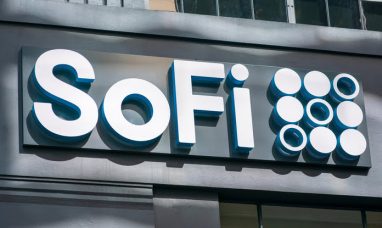PolyPid Ltd.
After the Israeli biopharmaceutical company disclosed that its lead candidate D-PLEX100 did not achieve the primary goal in a Phase 3 trial for the prevention of surgical site infections (SSIs) in abdominal surgery, PolyPid Ltd. (NASDAQ:PYPD) saw a 75% decline in value in pre-market trading on Friday.
In the SHIELD I study, 970 patients—488 in the D-PLEX100 treatment arm and 489 in the control arm—were compared to the administration of D-PLEX100 standard of care (SoC) in combination with SoC alone.
The business noted that in the Intent to Treat (ITT) group, D-PLEX100 with SoC (n=485) resulted in a 23% decrease in SSIs and mortality compared to SoC alone (n=489) (p=0.1520), indicating that the study did not meet its primary goal of a reduction in surgical site infections and mortality.
PYPD Chief Executive Dikla Czaczkes Akselbrad stated, “While these top-line results did not meet our expectations following the highly compelling positive data generated in our Phase 2 study, we remain confident in the future potential of D-PLEX100.”
The business reported that D-PLEX100 + SoC resulted in a statistically significant 54% decrease on the primary endpoint versus SoC (p0.0032) in an FDA-requested investigation involving a sample of patients with incision lengths greater than 20 centimeters (n=423).
PYPD announced a multi-million dollar contract in August for D-PLEX100 with the U.K.-based Advanz Pharma.
A late-stage biopharma startup called PolyPid Ltd. wants to enhance surgical results. Through locally delivered, regulated, prolonged-release treatments, Active Pharmaceutical Ingredients (APIs), and PolyPid’s proprietary PLEX (Polymer-Lipid Encapsulation matriX) technology, accurate drug administration at optimal release rates over time spans ranging from a few days to months.
Featured Image – DepositPhoto © Yanlev















